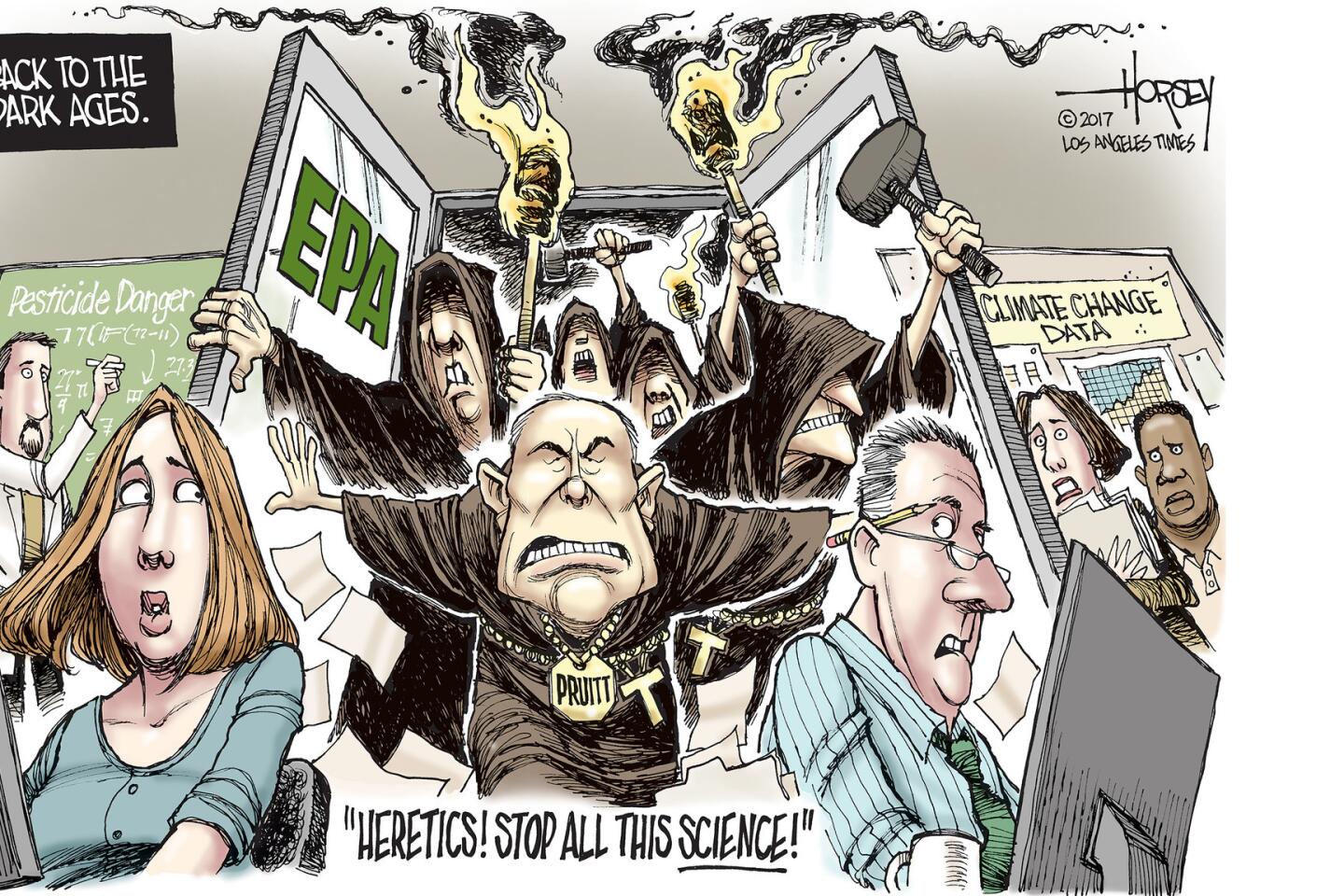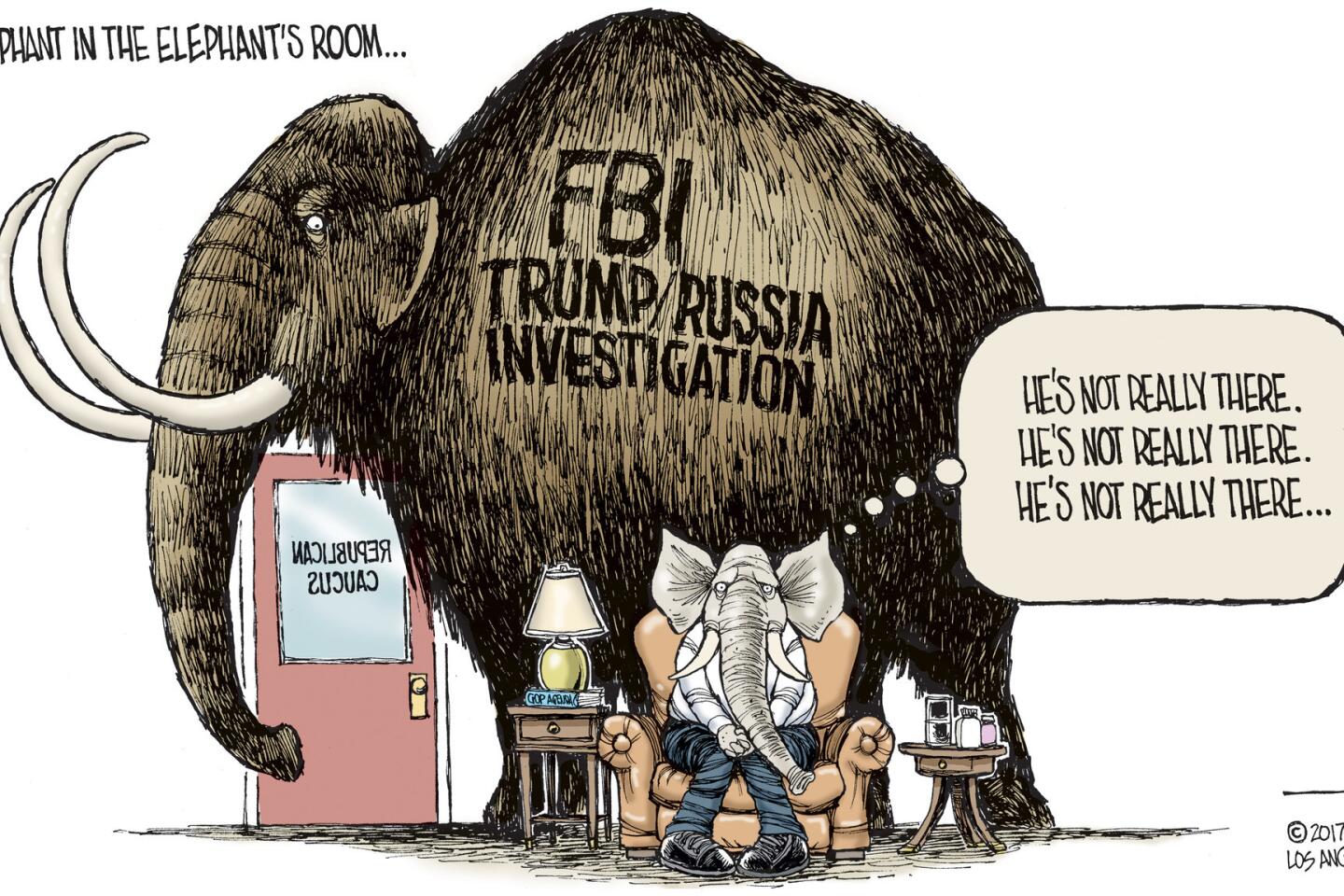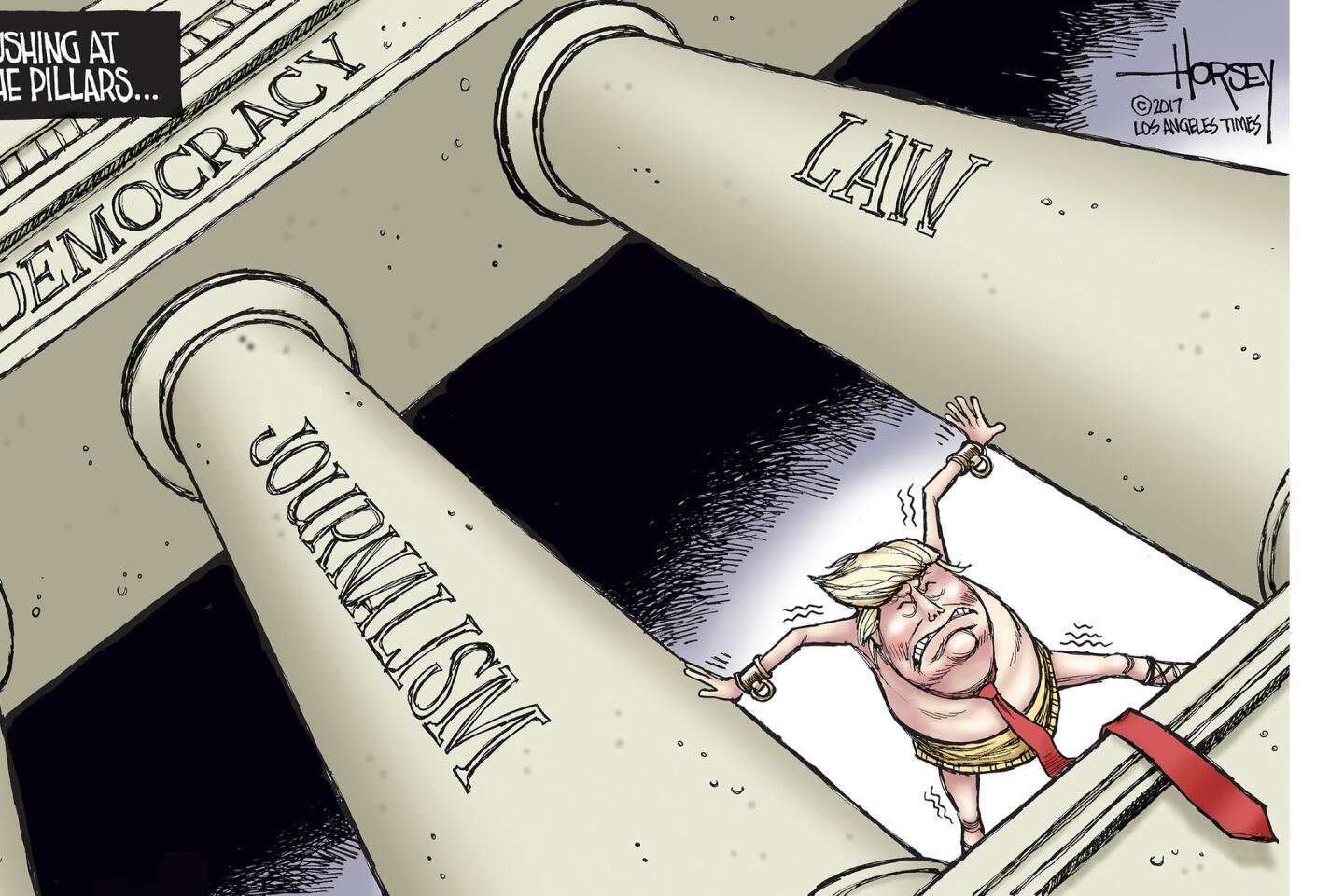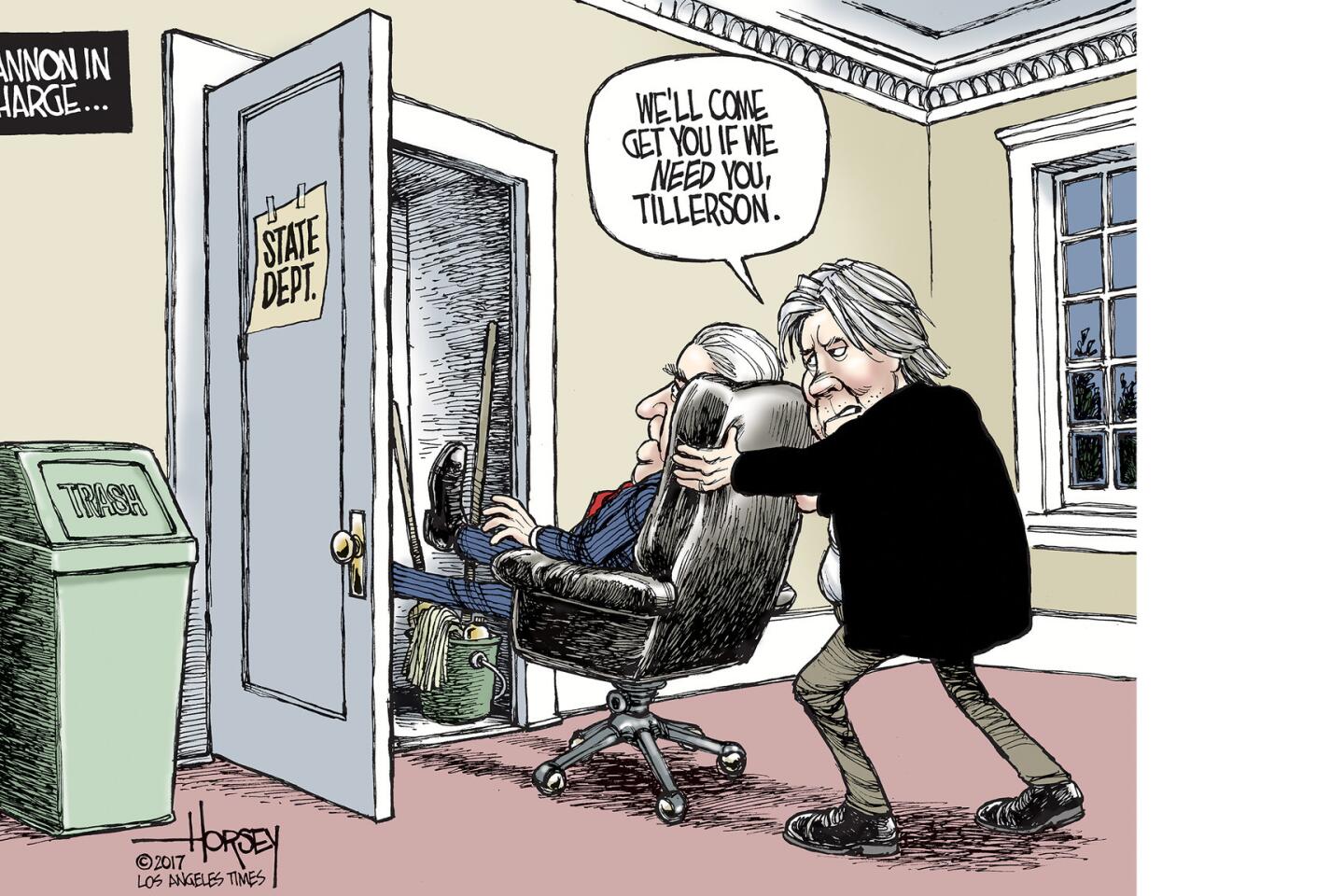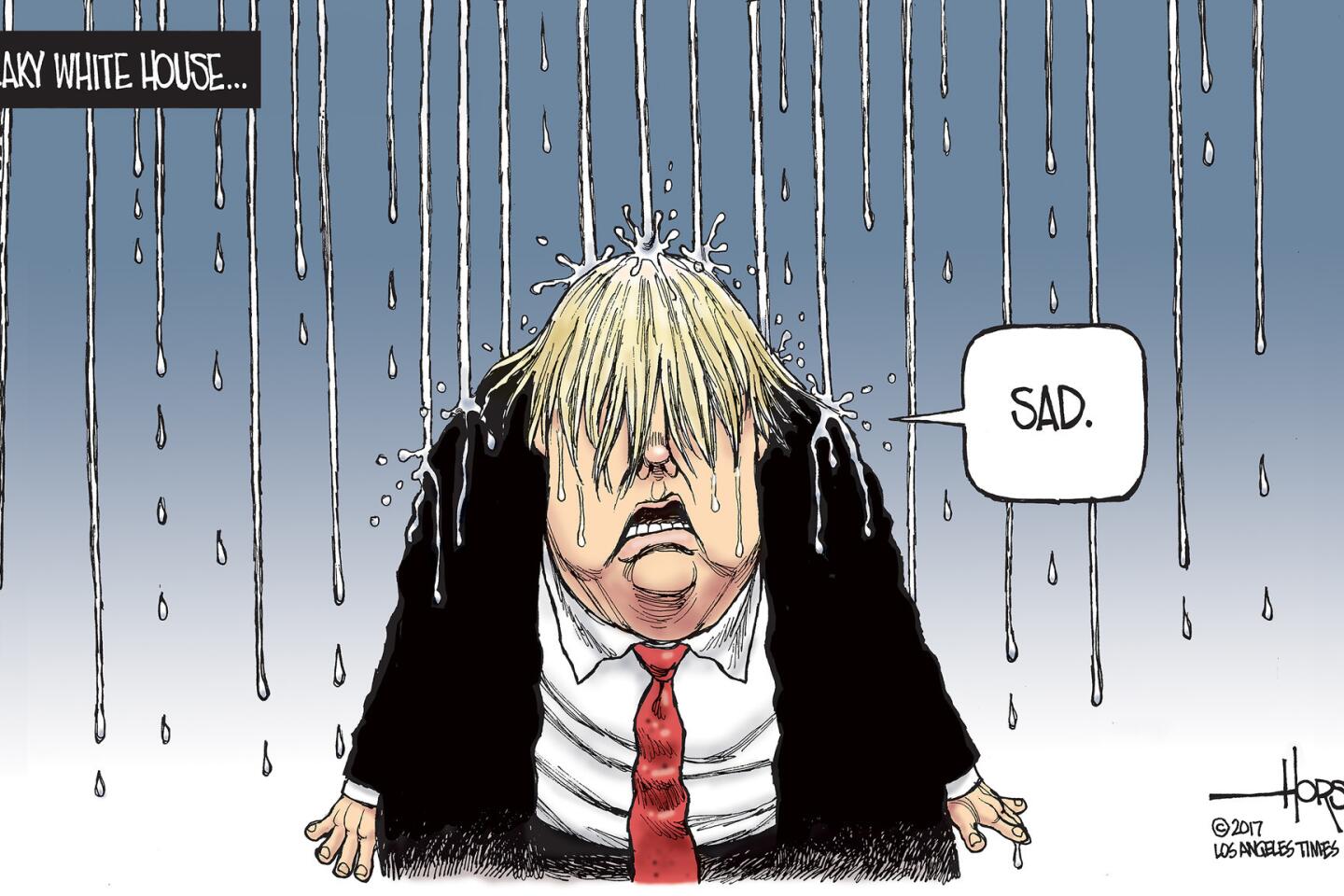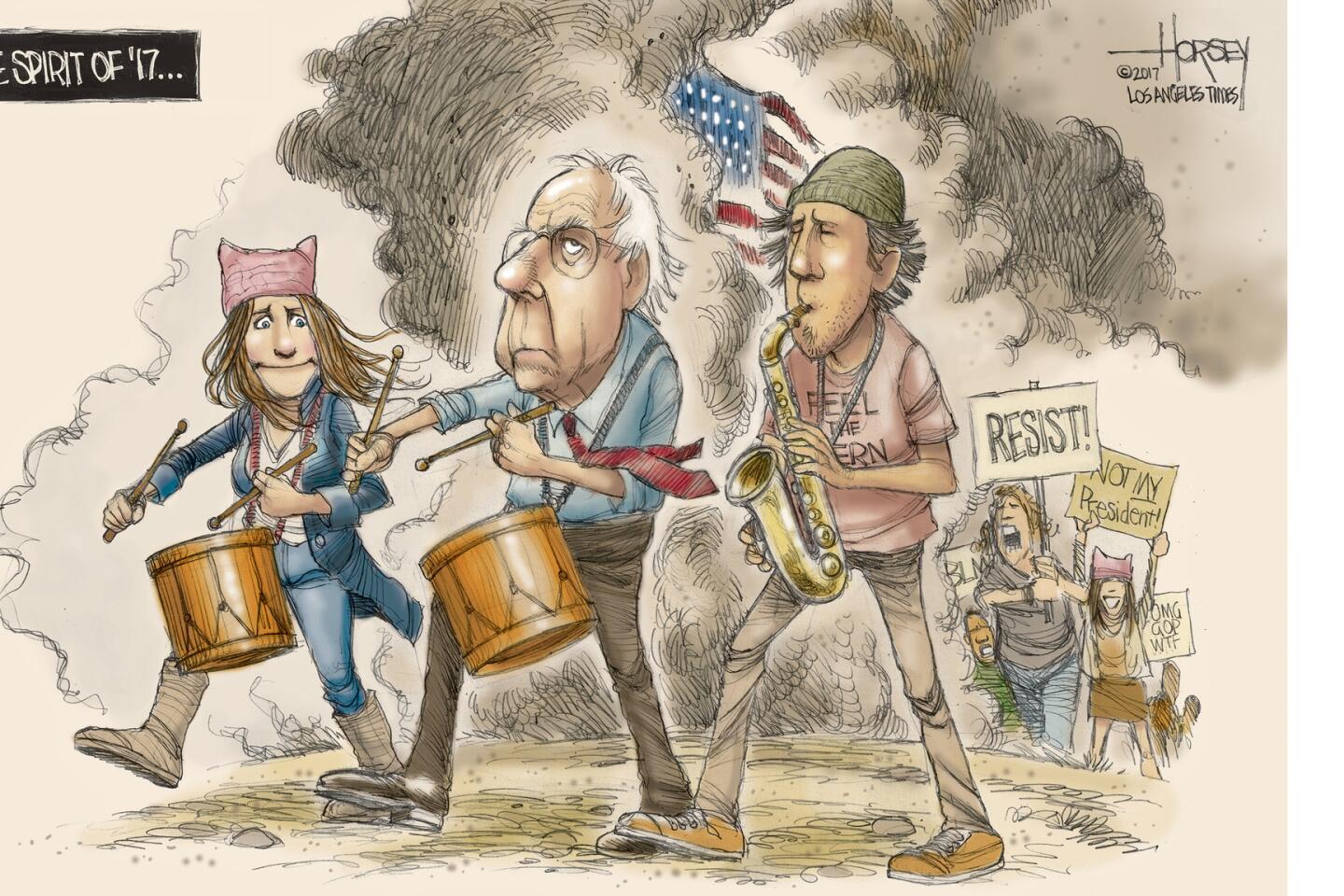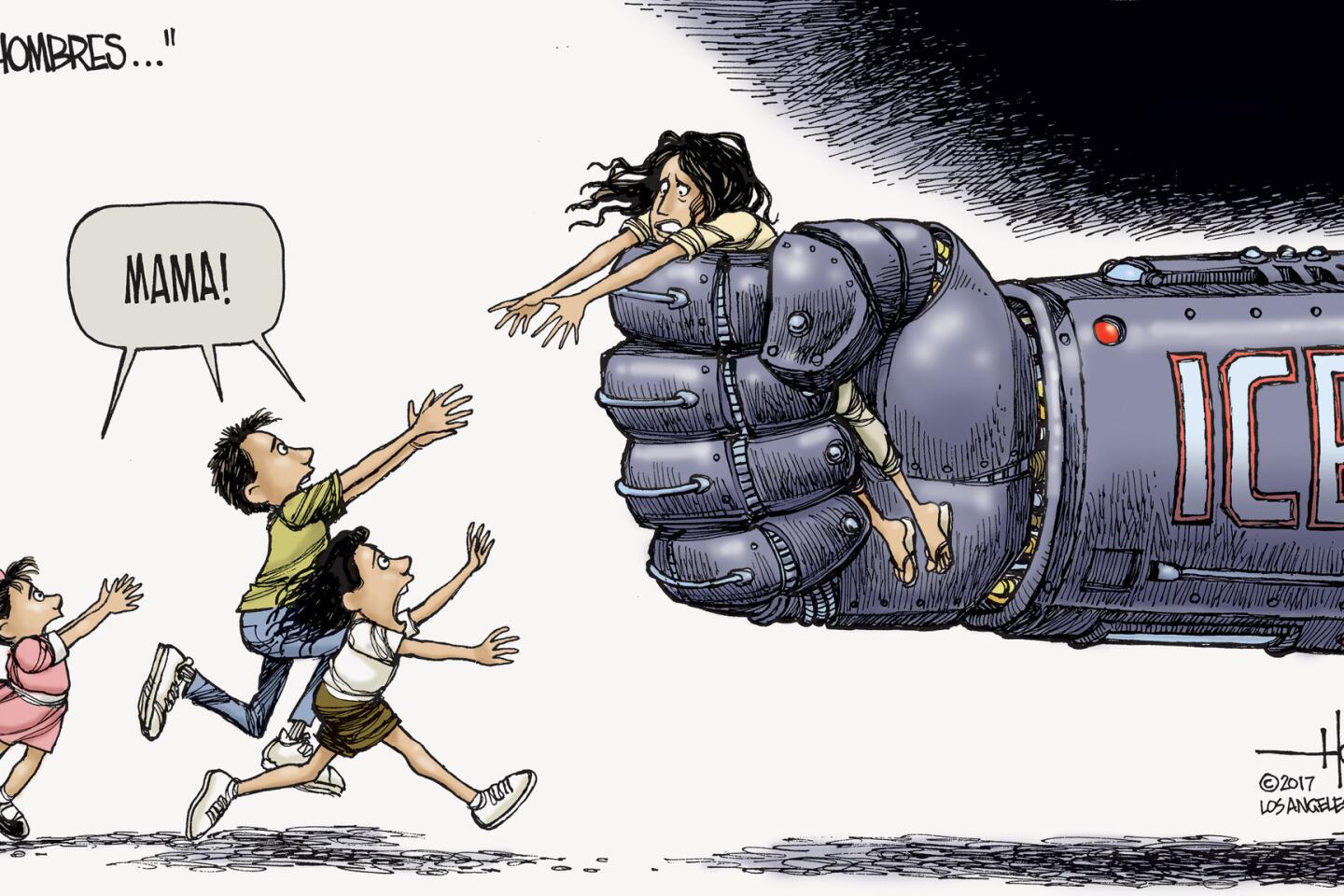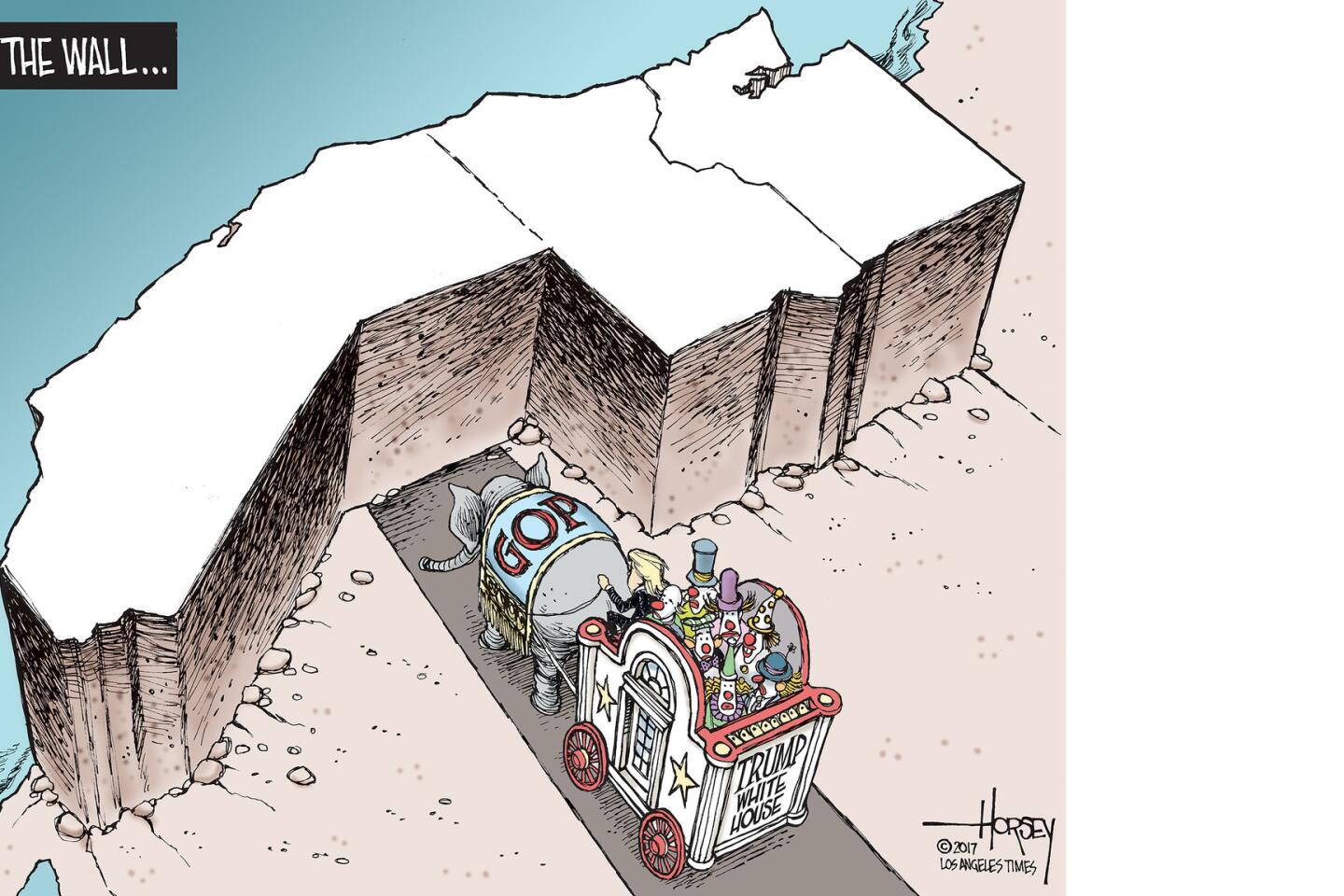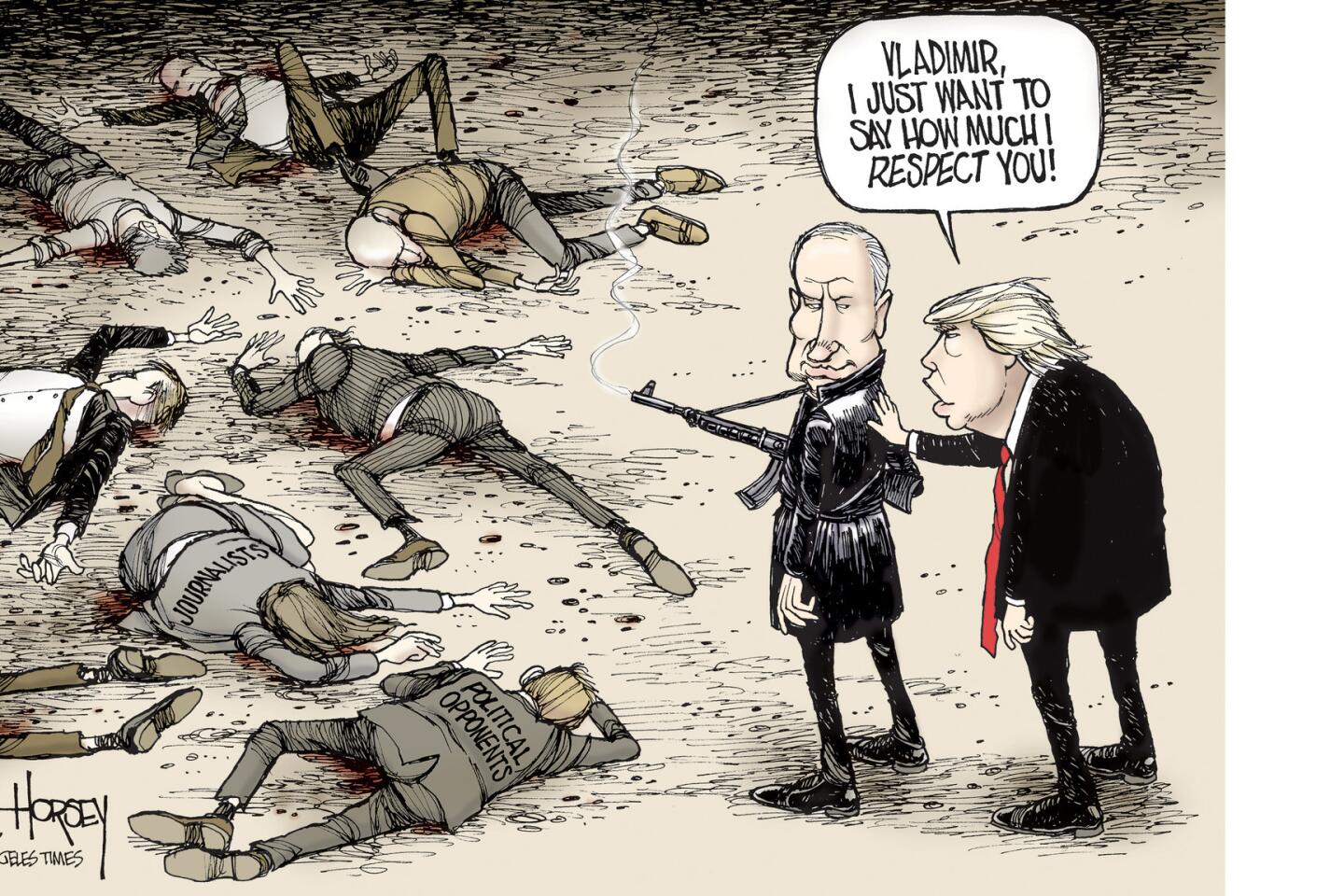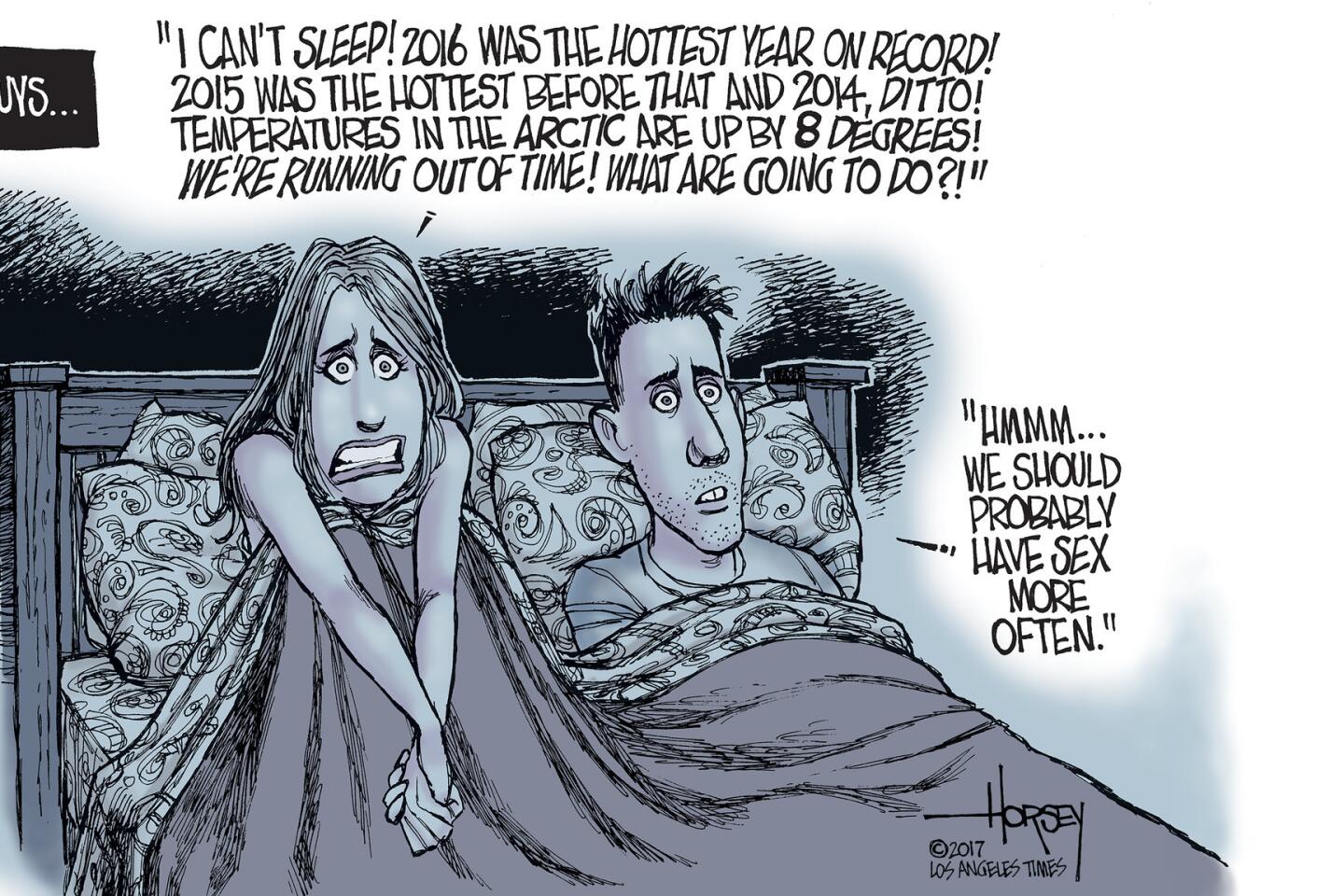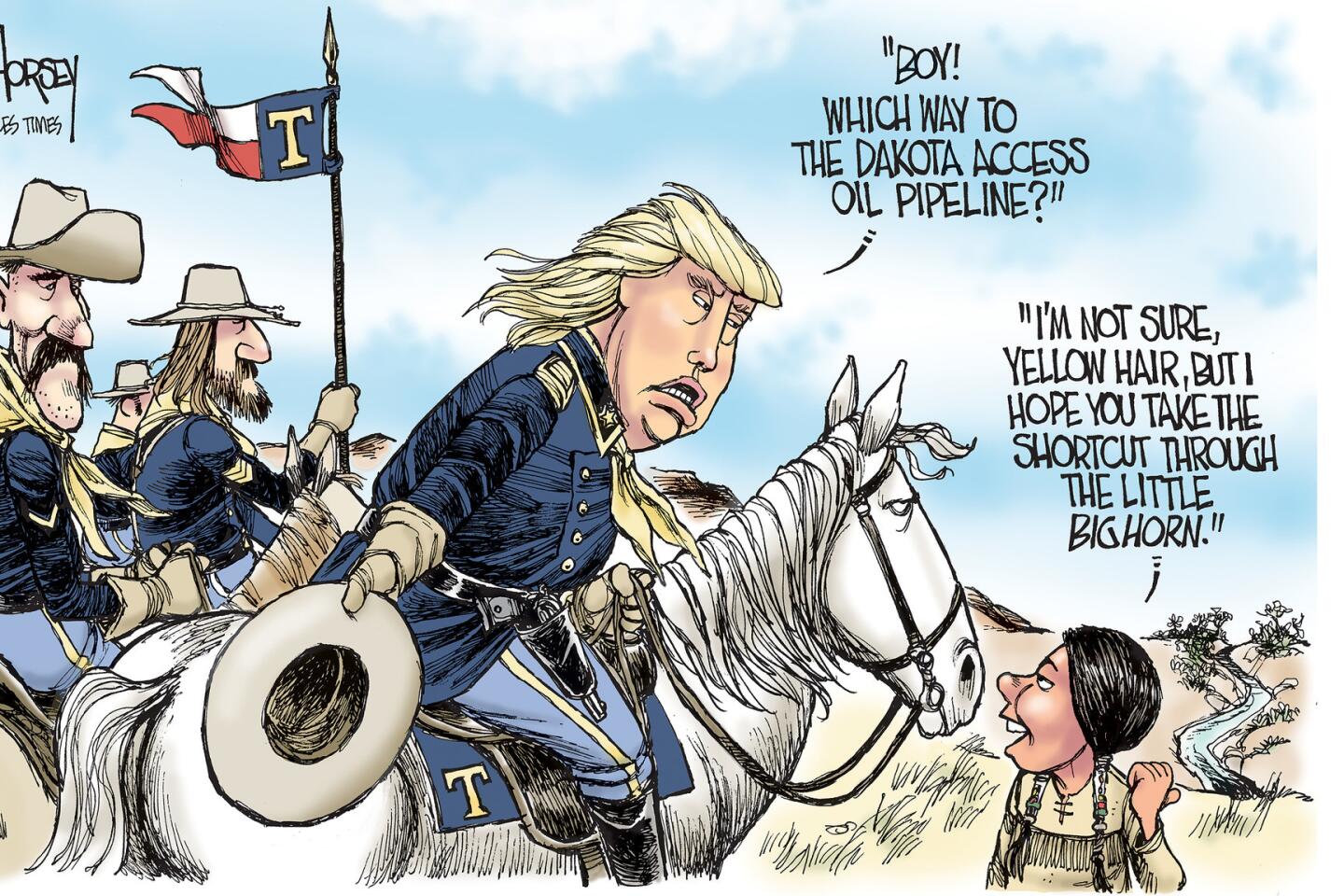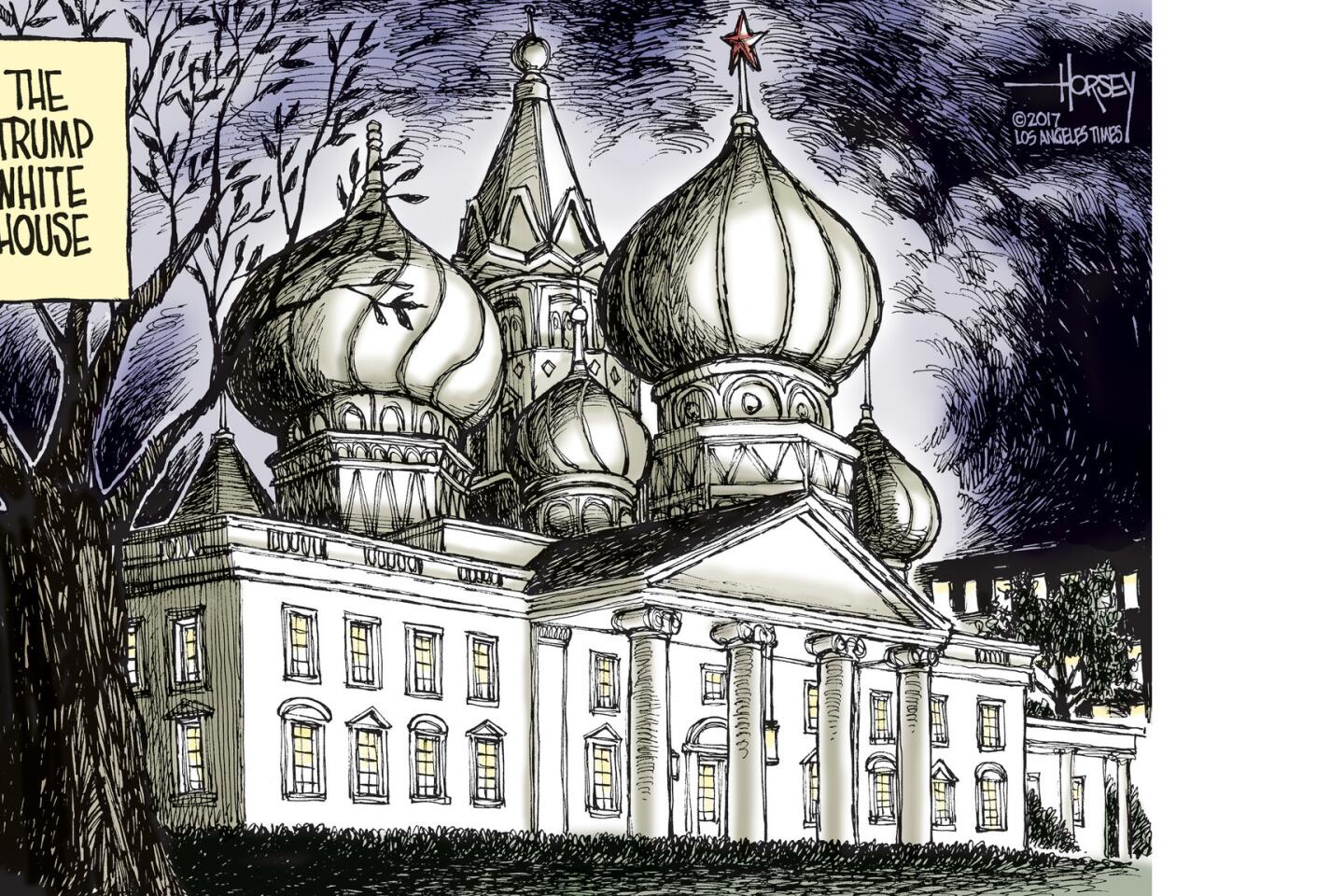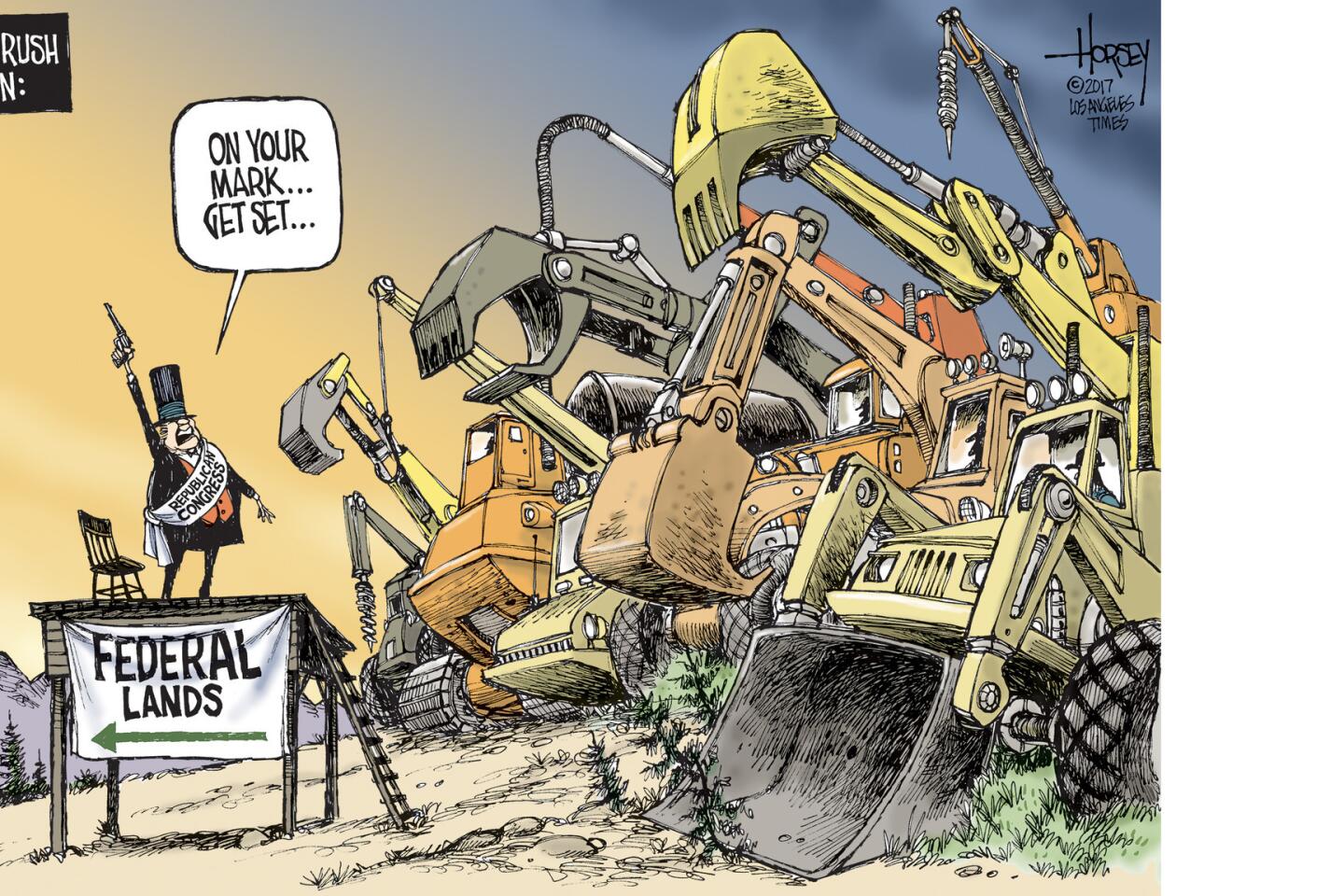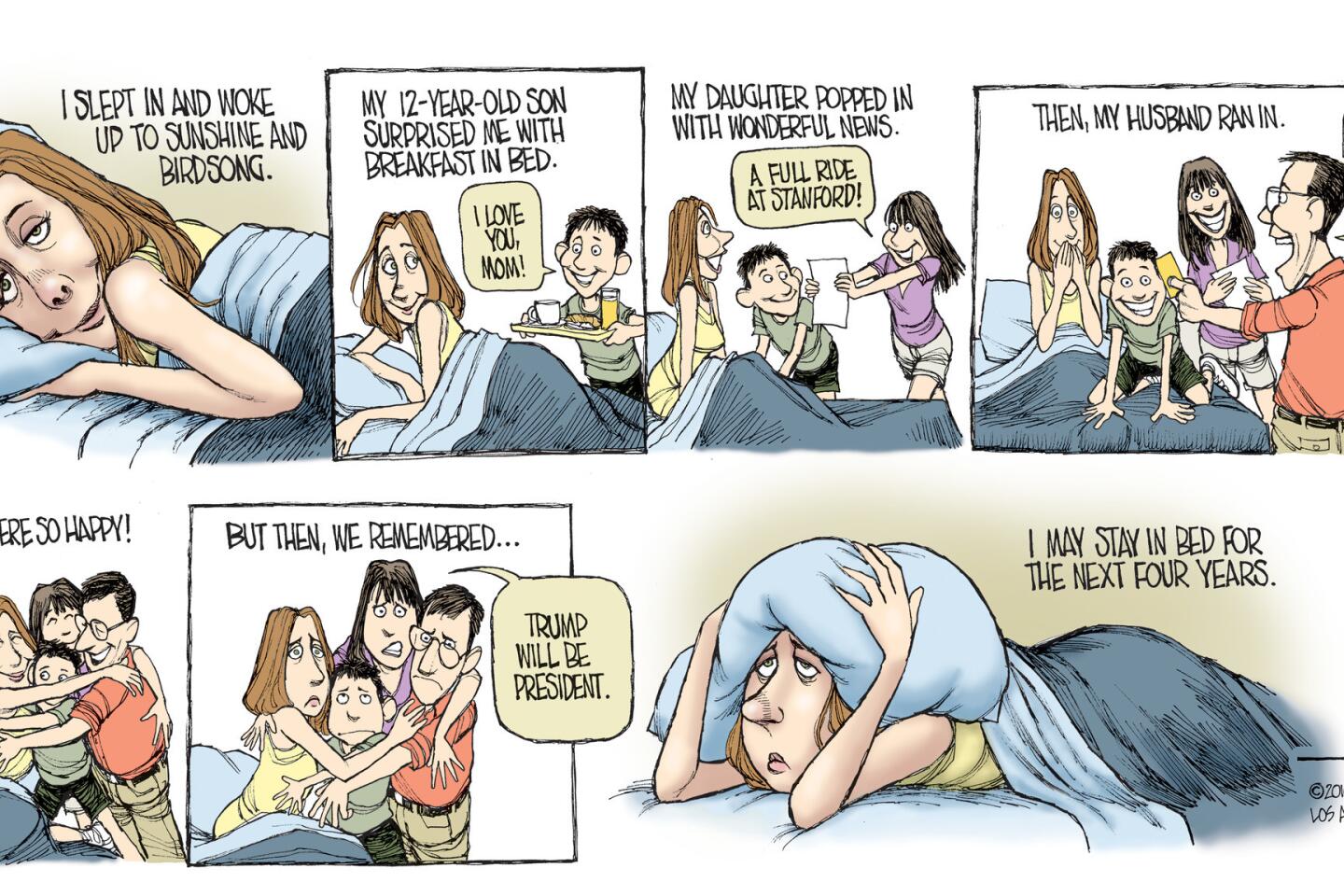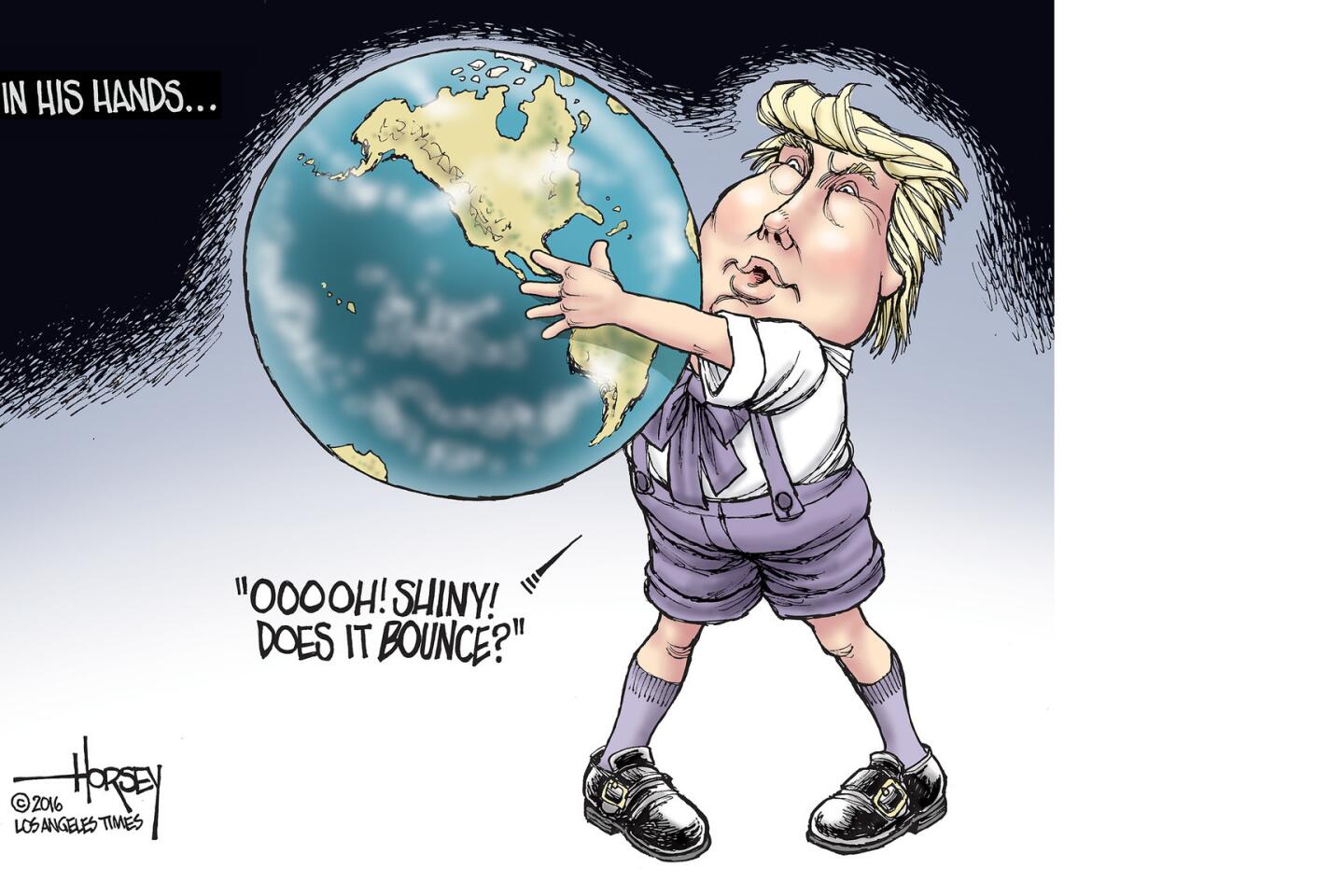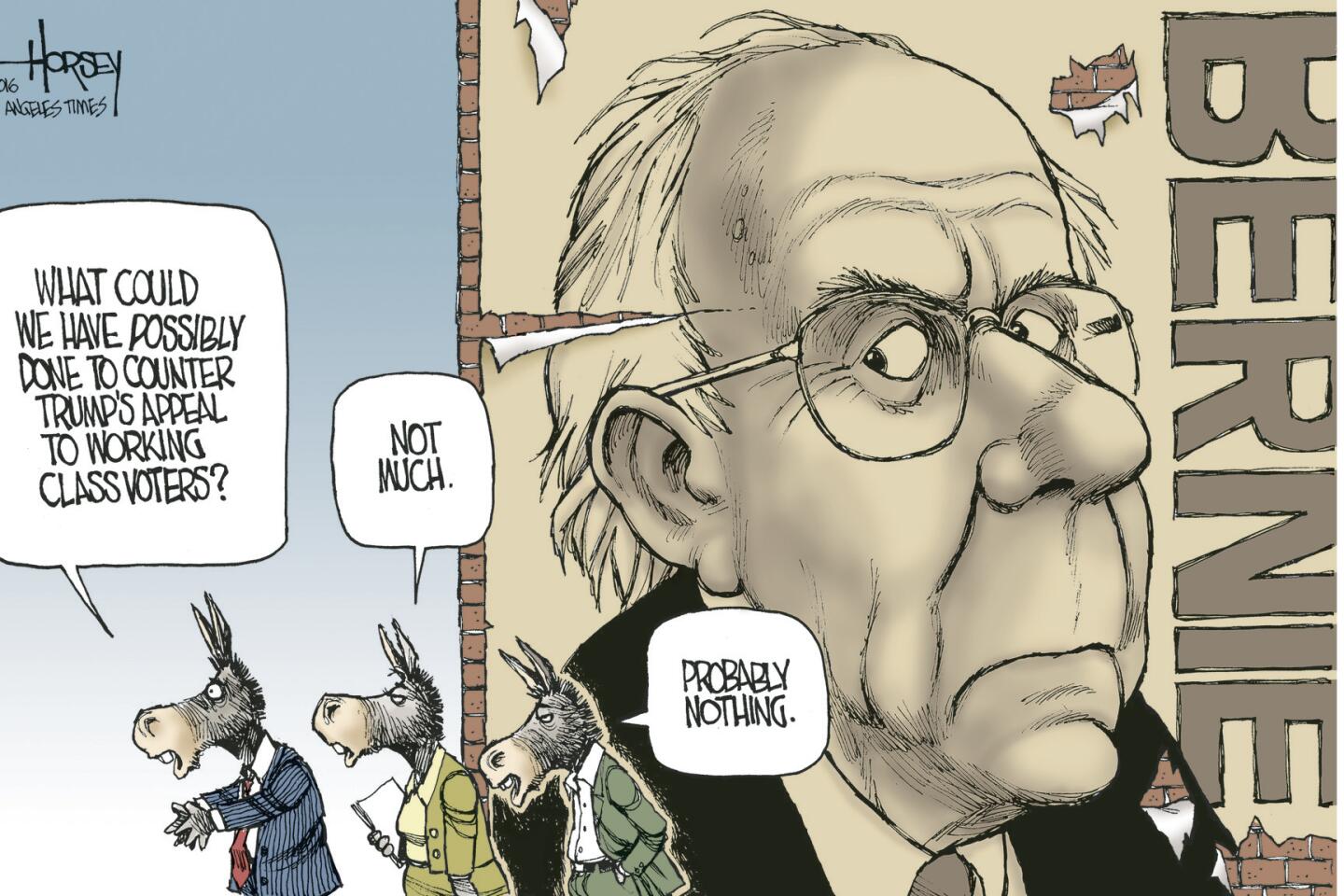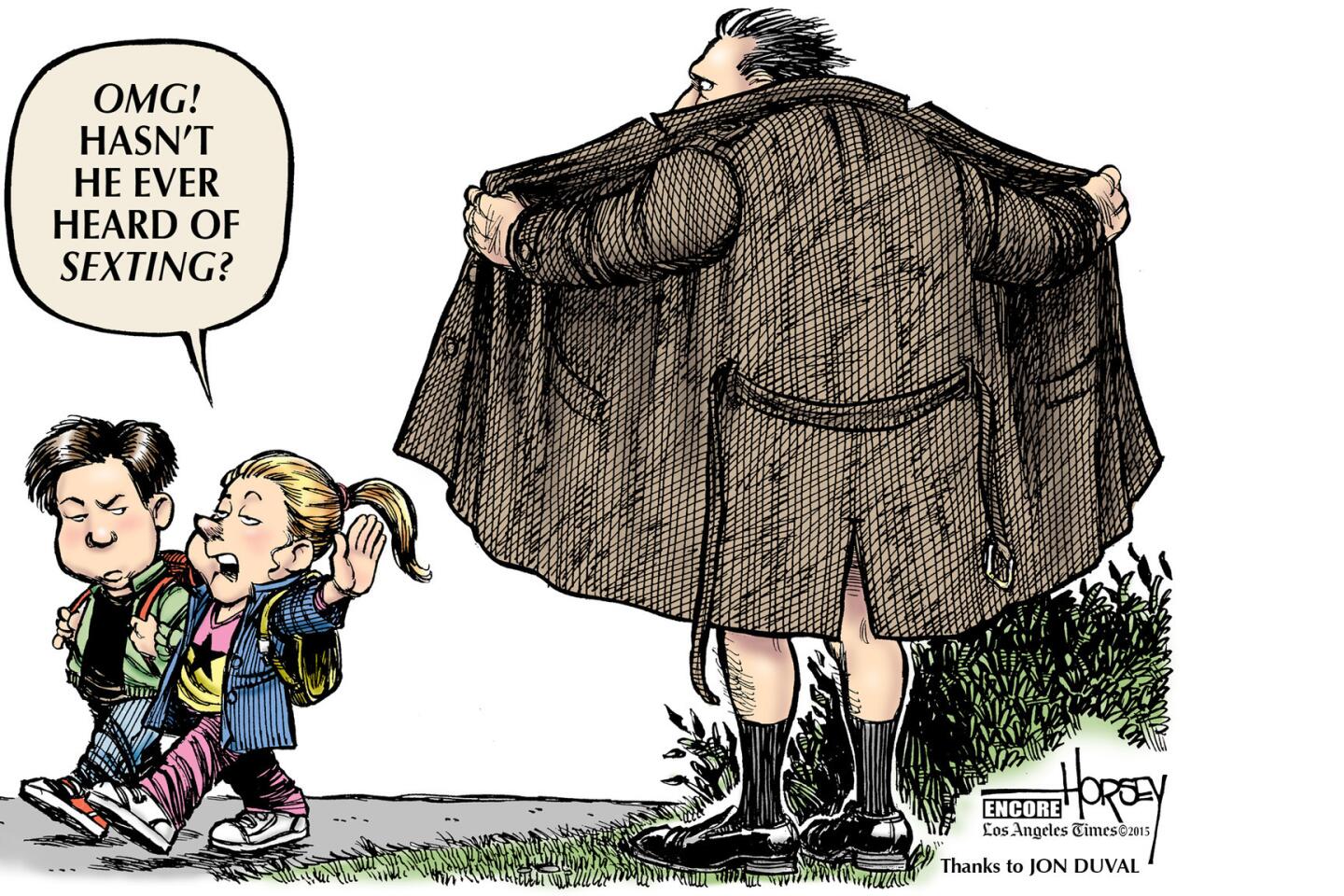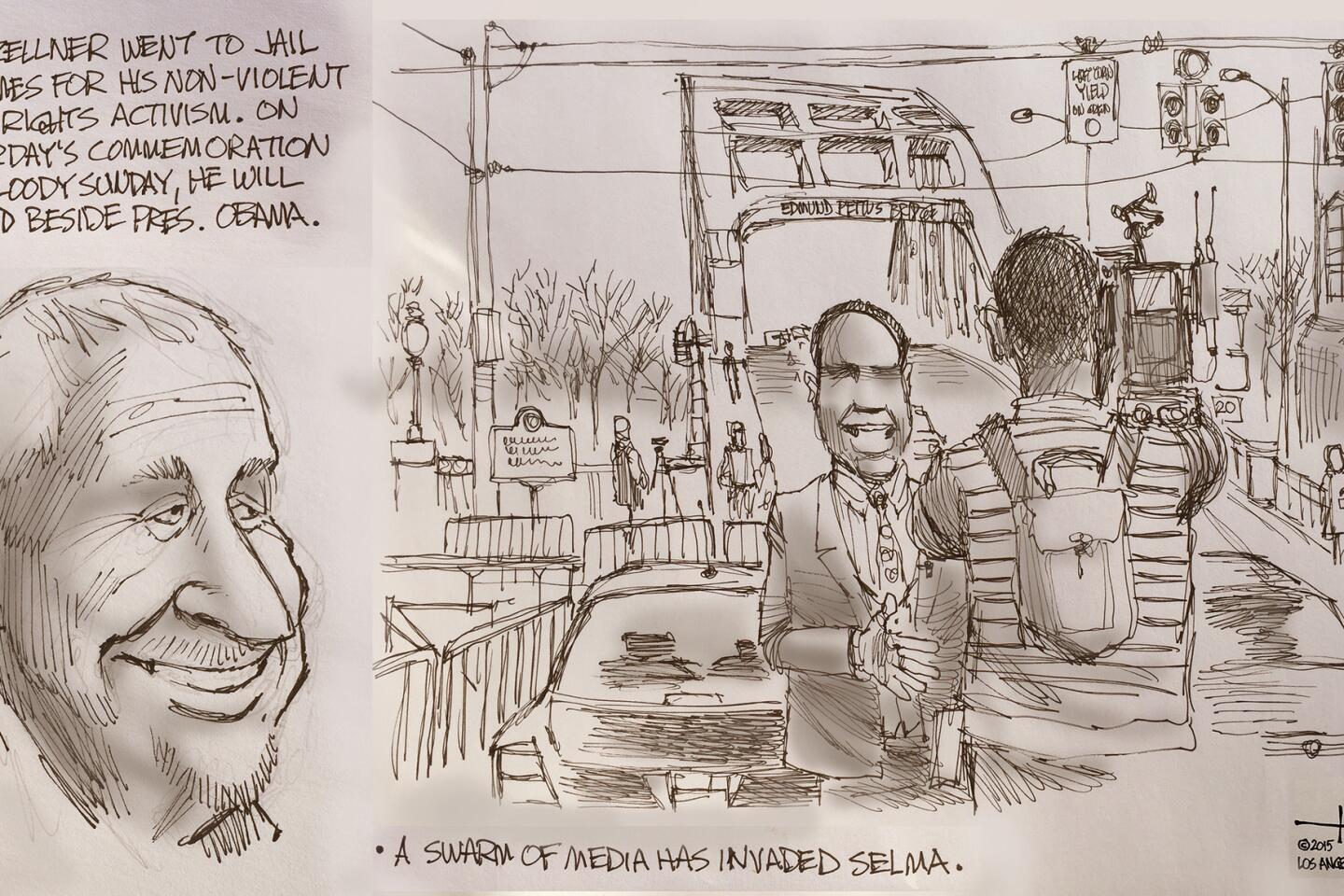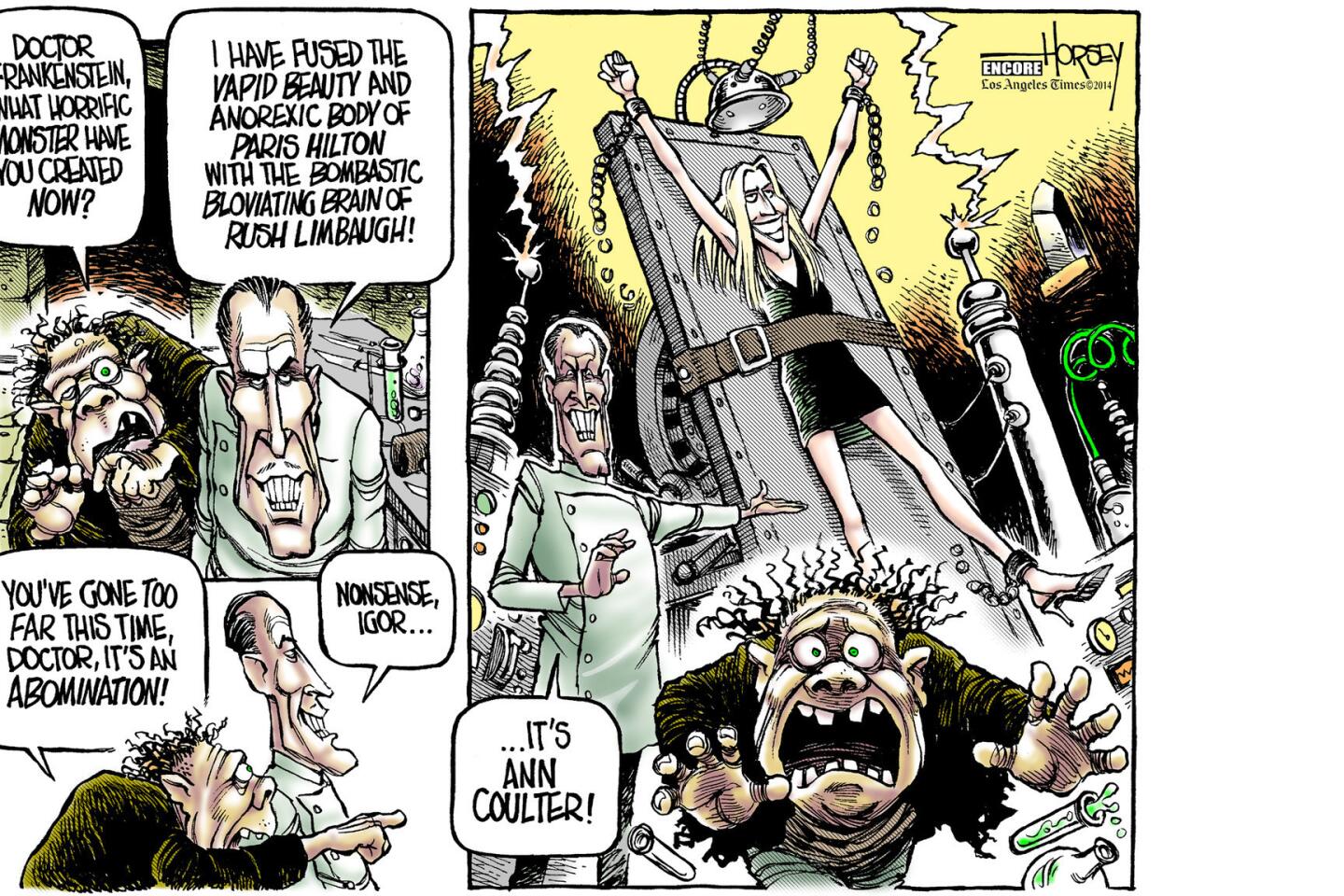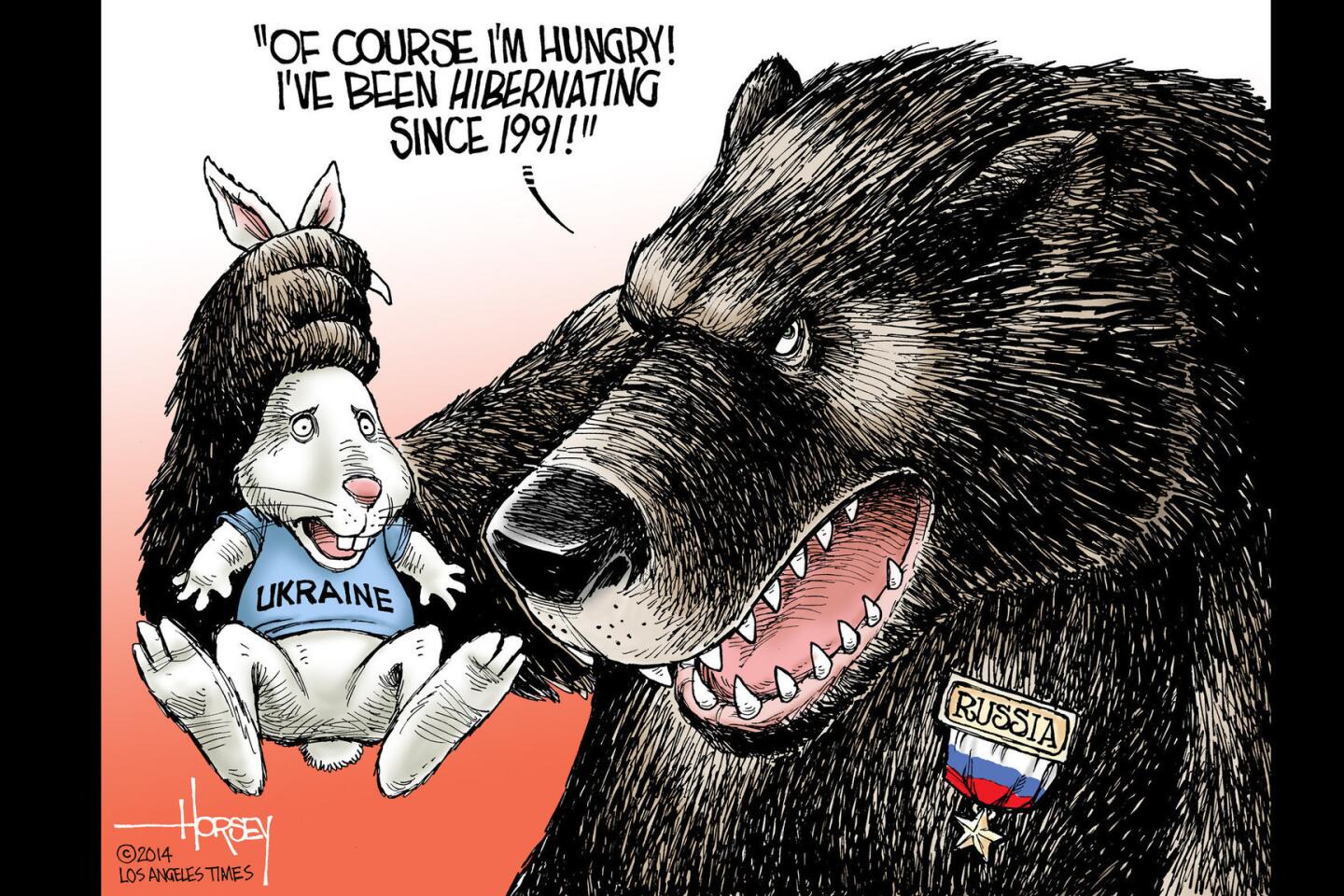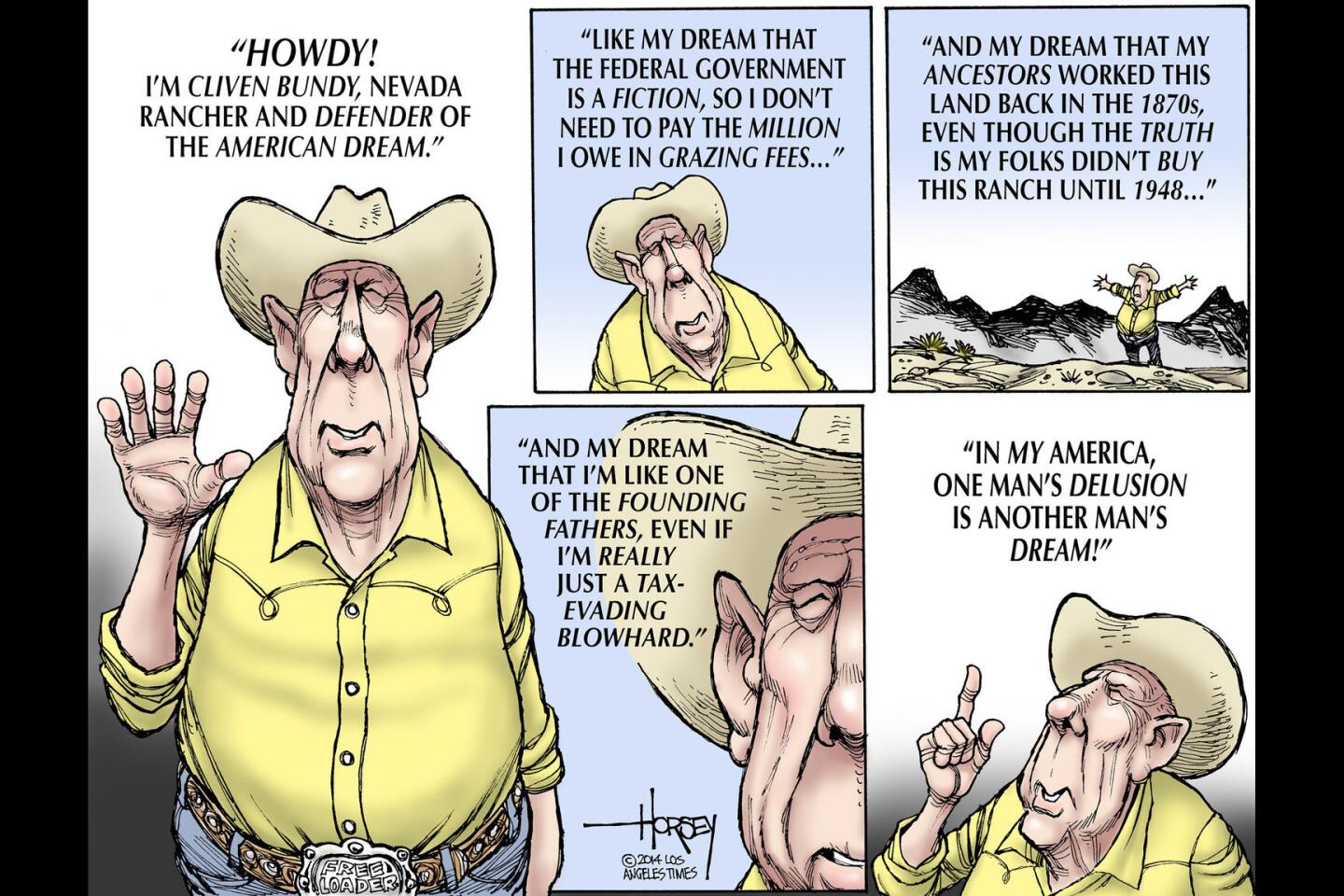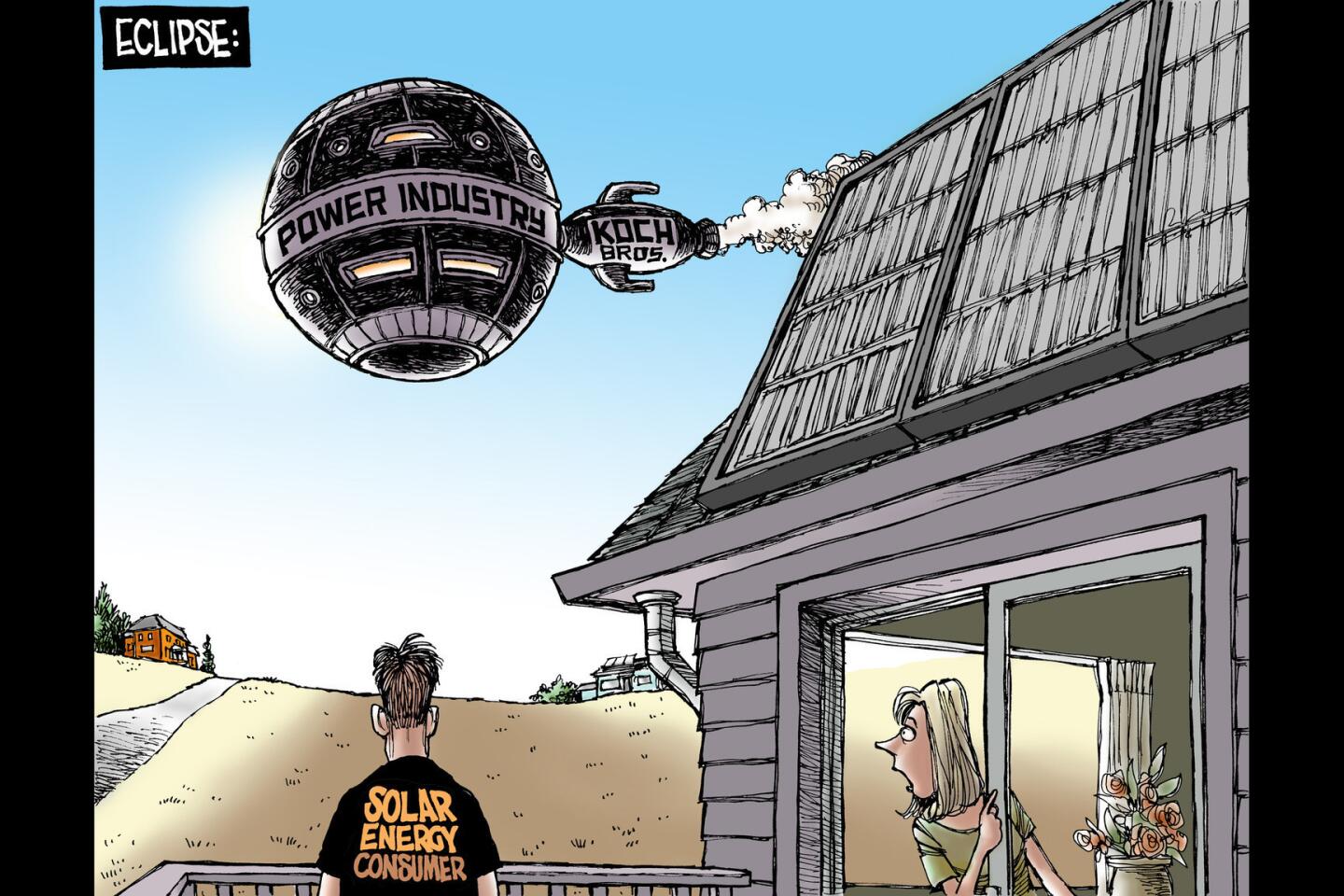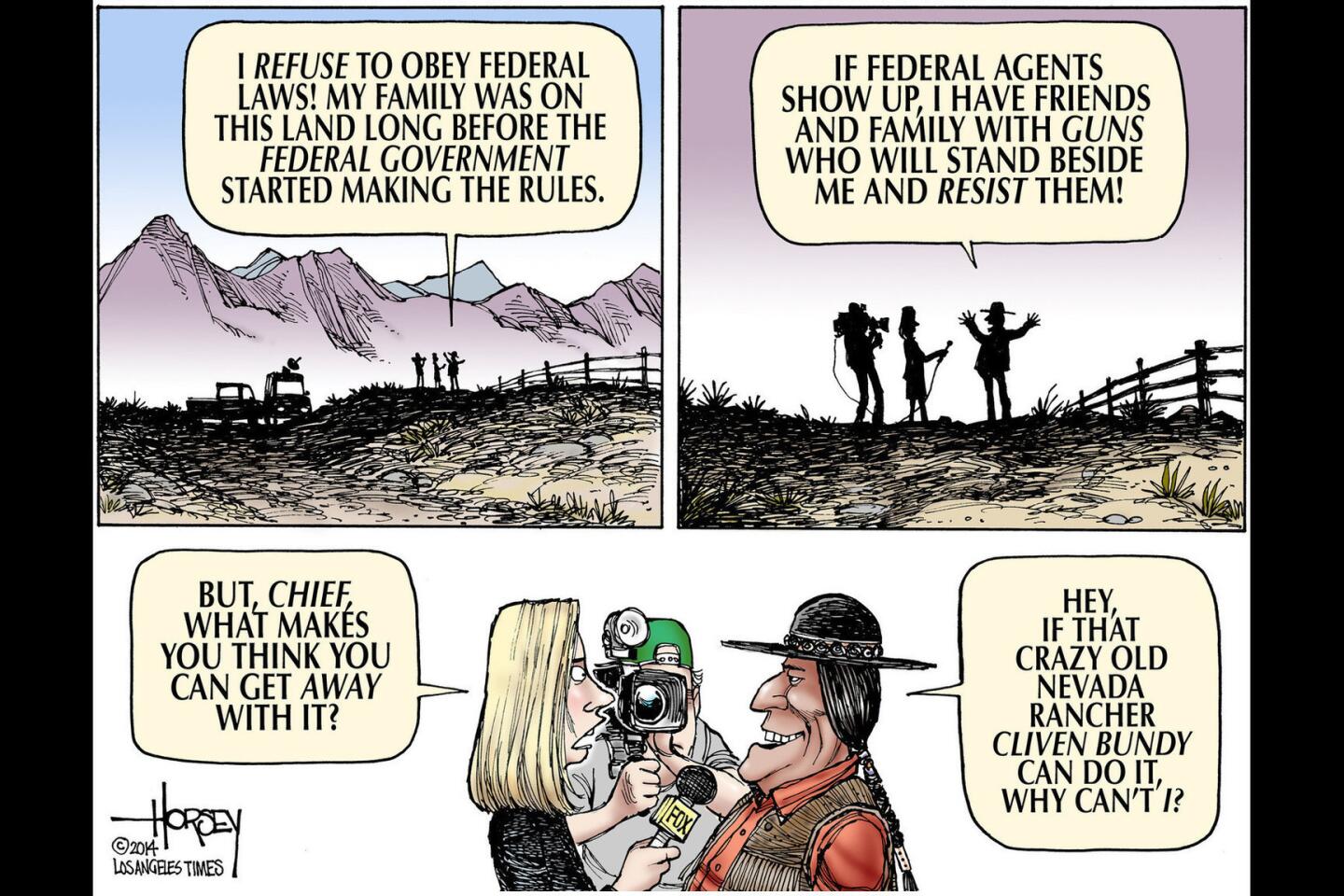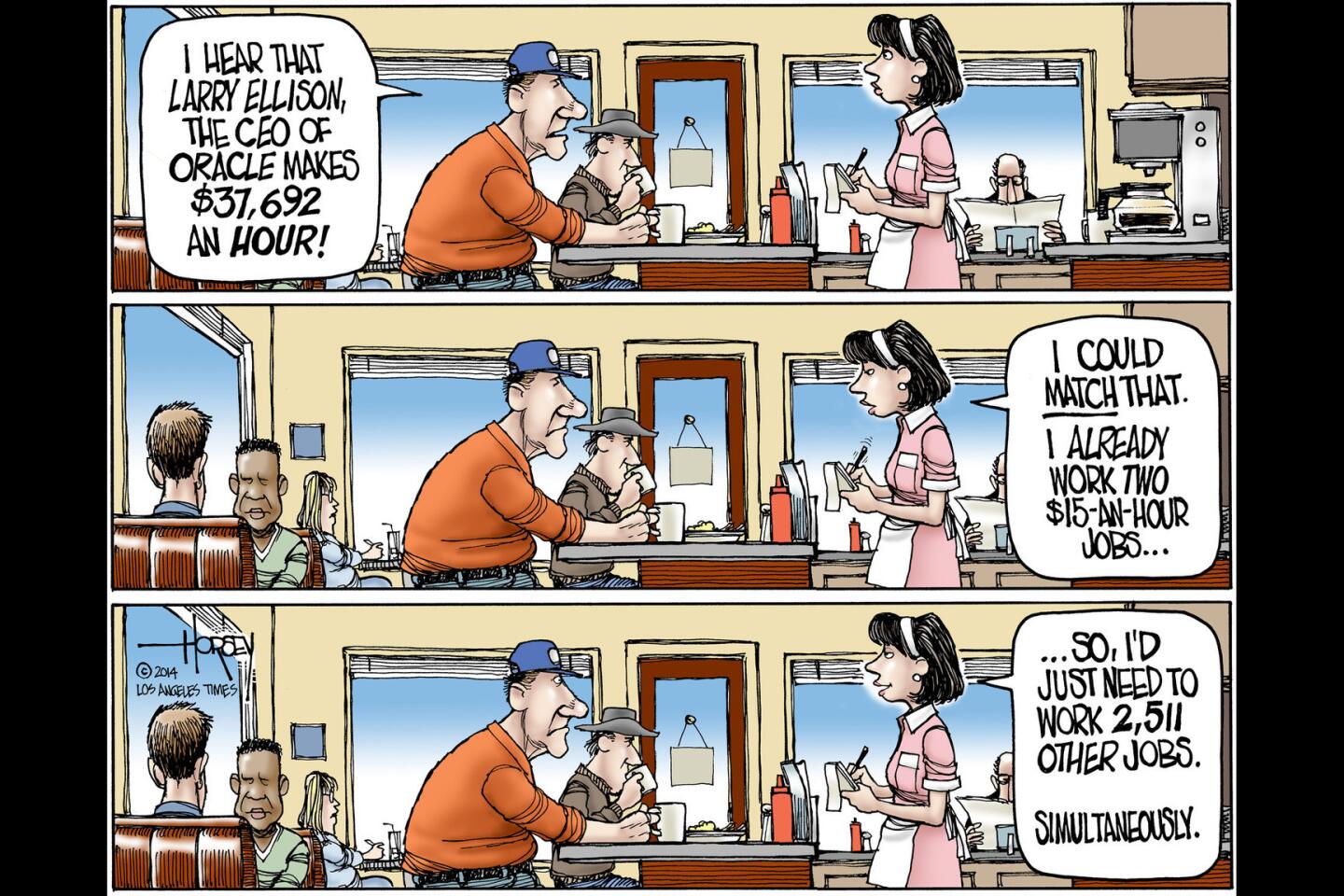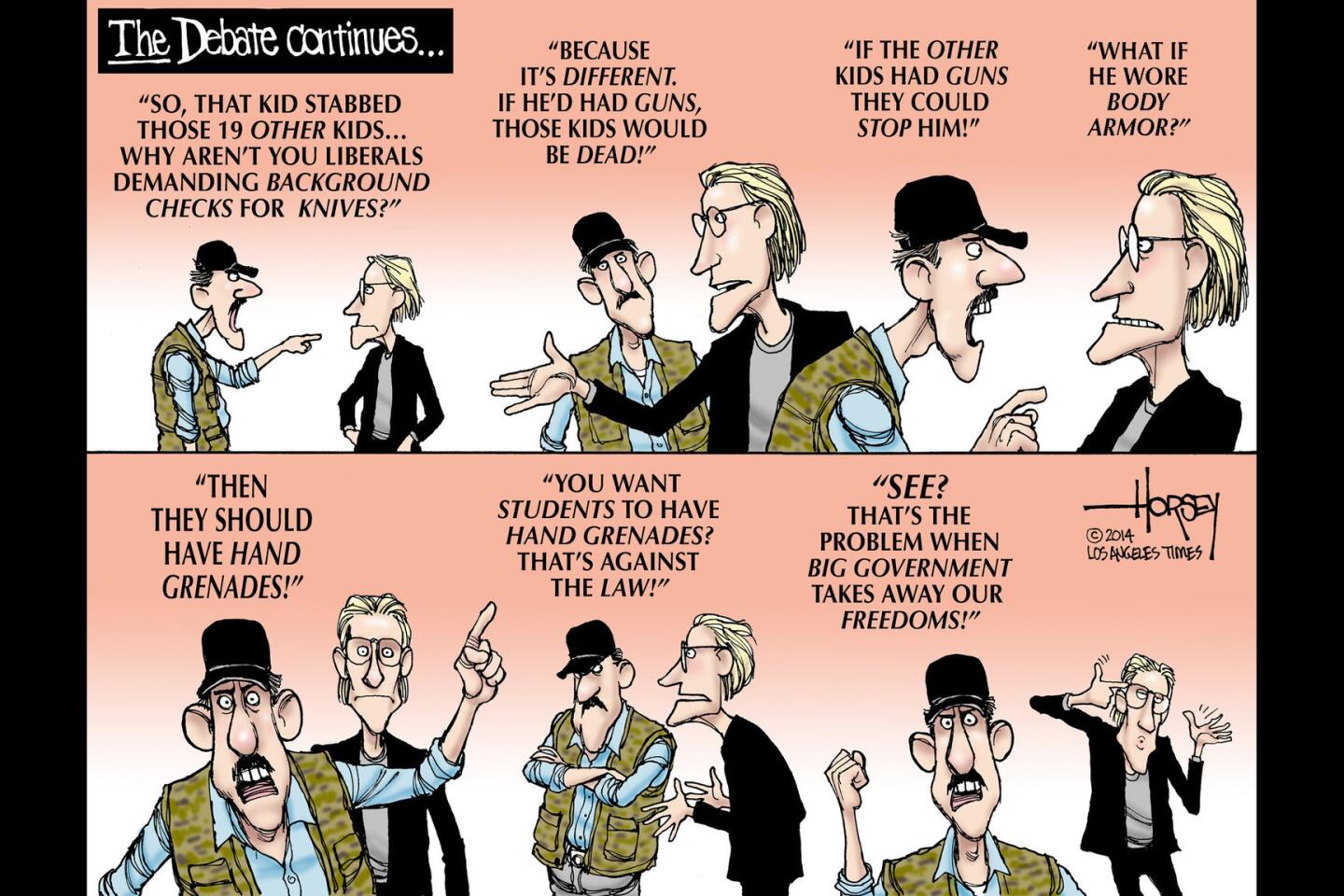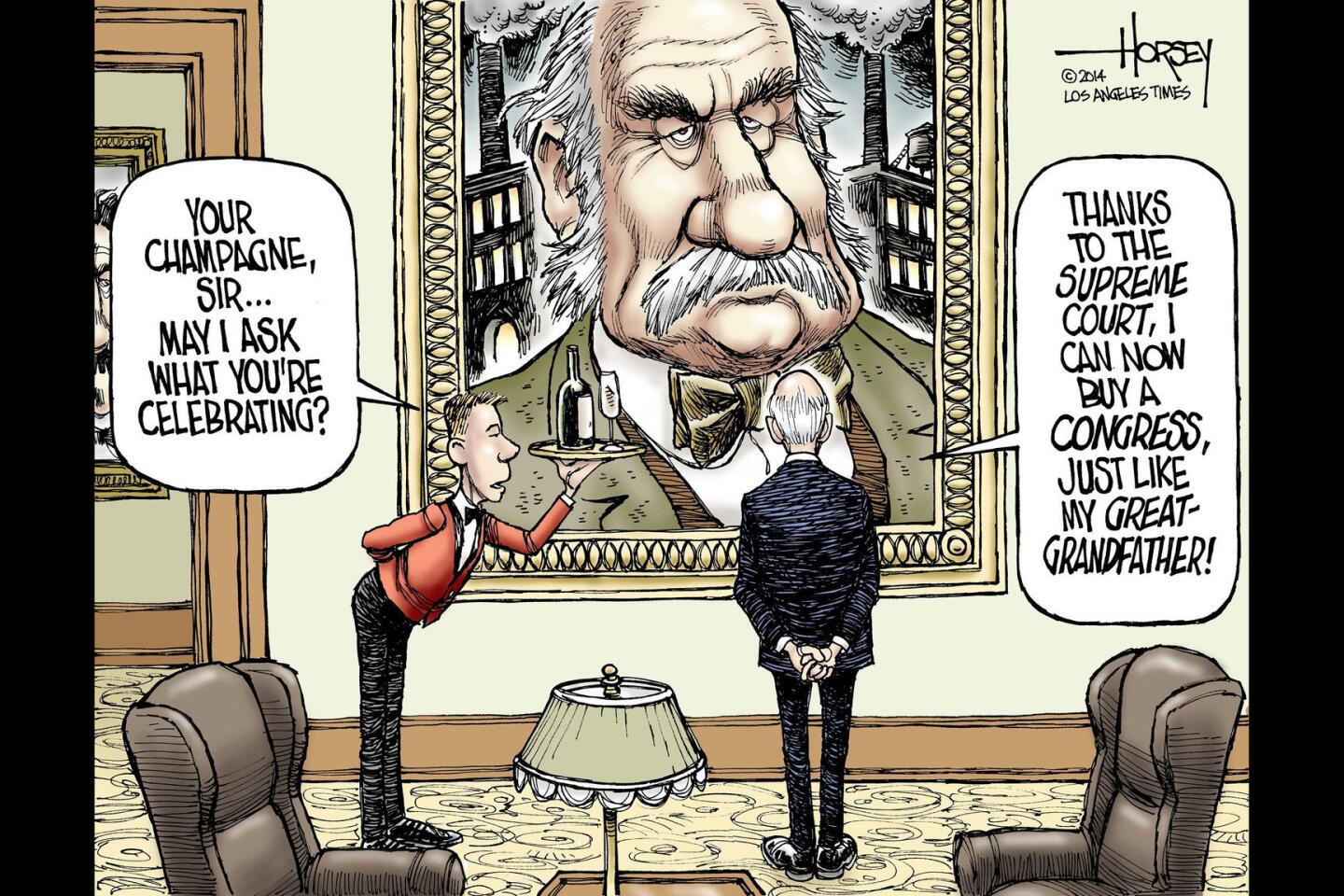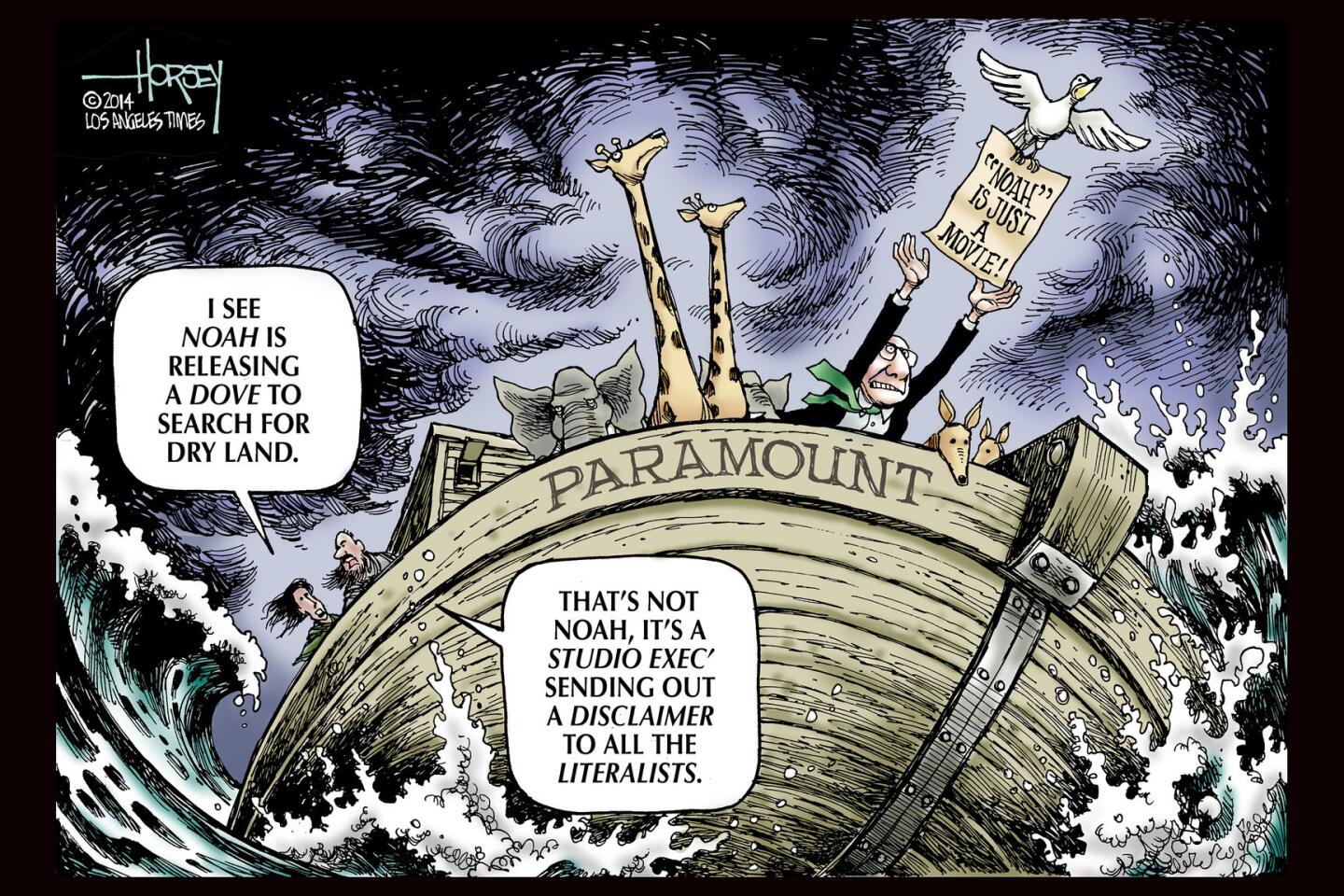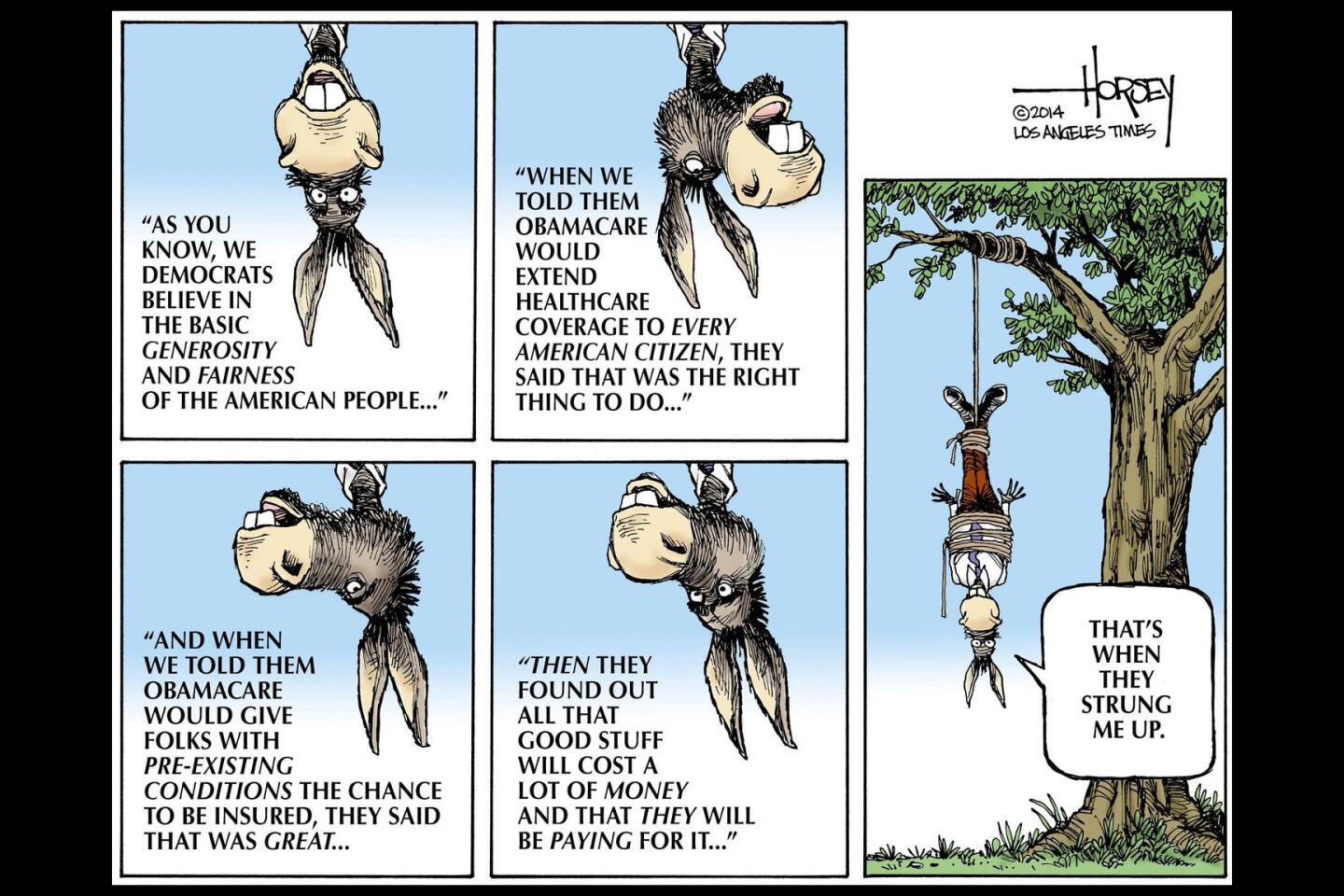Even on a summer escape, hints of climate calamity intrude
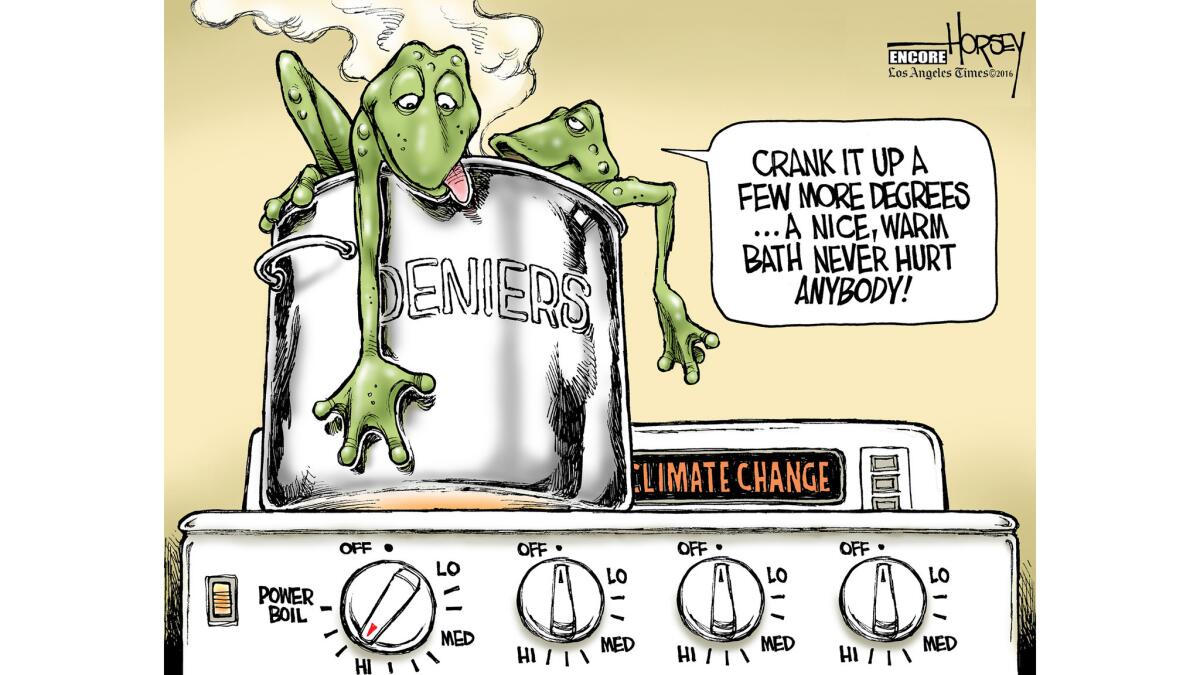
- Share via
LAKE CHELAN, WASHINGTON — There are pluses and minuses to combining work with a vacation. Here’s the plus: at this moment as I write, I can look up from my laptop and see speedboats and jet skis carving wakes across the surface of a slate blue lake. Beyond, the hillsides are covered with fir trees and vineyards. The sky is blue, the sun is bright and a slight breeze softly shifts the August heat.
Everything has been picture-perfect here this week. I’ve only occasionally allowed the daily news to intrude on my holiday escape. That is very different from this time a year ago, when scenes from Lake Chelan became part of the national news. Huge wildfires raged through the forest, burned cabins by the lake, threatened the town and filled the air with a choking smoke that sent vacationers running. Now, this afternoon, I can see the scorched trees and destroyed lakeside homes directly across the lake. But, like a phoenix, new structures are already rising from the ashes. The trees will come back eventually. A new crop of grass already covers the charred ground. Fire is not a new phenomenon in this corner of the West, it is part of a natural cycle.
Still, things are not quite as they once were. There have been observable changes in the 25-plus summers I have come here with my family that go beyond the hundreds of new vacation homes along the shore and the transition from apple orchards to grapes and winemaking. The glacial lake, measuring 1,500 feet at its deepest point, does not feel as frigid as it once did. In past years, a plunge in the water could be bracing, if not shockingly cold; now it feels pleasantly brisk.
Another change: a man I met at a local winery yesterday told me the cold months used to bring snowpack six feet deep. Recent winters, he said, have been nearly snowless. This part of central Washington has shared in the drought that has hit California and much of the western U.S. — a dearth of precipitation that has produced serious water shortages and more extreme and frequent wildfires.
Something big is happening. A drive south down Interstate 5 brings a series of shocks. Two years ago, I approached Mt. Shasta in late summer and found it completely bare of snow. The sight was disturbing, like seeing a beloved grandfather pale and naked. Miles further, the the stretch of highway cutting through the dust, haze and barrenness of California’s Central Valley feels like a scene from “Mad Max.”
When my son was small enough that I could lift him on my shoulders, we hiked to the marvelous ice caves at Mt. Rainier which were the frozen blue reaches of the mountain’s glaciers. He is grown now and doesn’t need me to carry him, but we could not make the same trek. The ice caves have melted. In the same way, the glaciers in Glacier National Park are melting, and the ice packs at the top and bottom of the world as well. Deserts are expanding, oceans are warming and becoming more acidic and weather phenomena across the planet are increasingly more extreme and dangerous. Something big, indeed.
Some people — including politicians and public relations specialists in thrall to major purveyors of fossil fuels — say the changes that can be observed from Chelan to Miami and Los Angeles to Nantucket are nothing more than normal shifts in the weather. Most of the world’s scientists, of course, disagree. They say much of what is happening is the result of rapid changes in Earth’s climate caused by human activity. In a rational world, proposals to deal with climate change would be at the top of the agenda in any contest for the presidency. Unlike the many false fears being raised in the current campaign, this is one concern that is verifiable and frighteningly real. Despite that, one of America’s major political parties denies the science, dismissing climate change a hoax, skewing the political conversation toward the absurd.
And so, with real action either blocked or coming too slowly, most of us simply get on with our lives, demanding too little from our politicians and shutting out thoughts about a threat so big that it is hard to wrap our minds around it. Still, we cannot avoid small, disturbing reminders — like lake water that is too comfortably warm — even on the sweetest days of summer.
Follow me at @davidhorsey on Twitter
More to Read
A cure for the common opinion
Get thought-provoking perspectives with our weekly newsletter.
You may occasionally receive promotional content from the Los Angeles Times.
